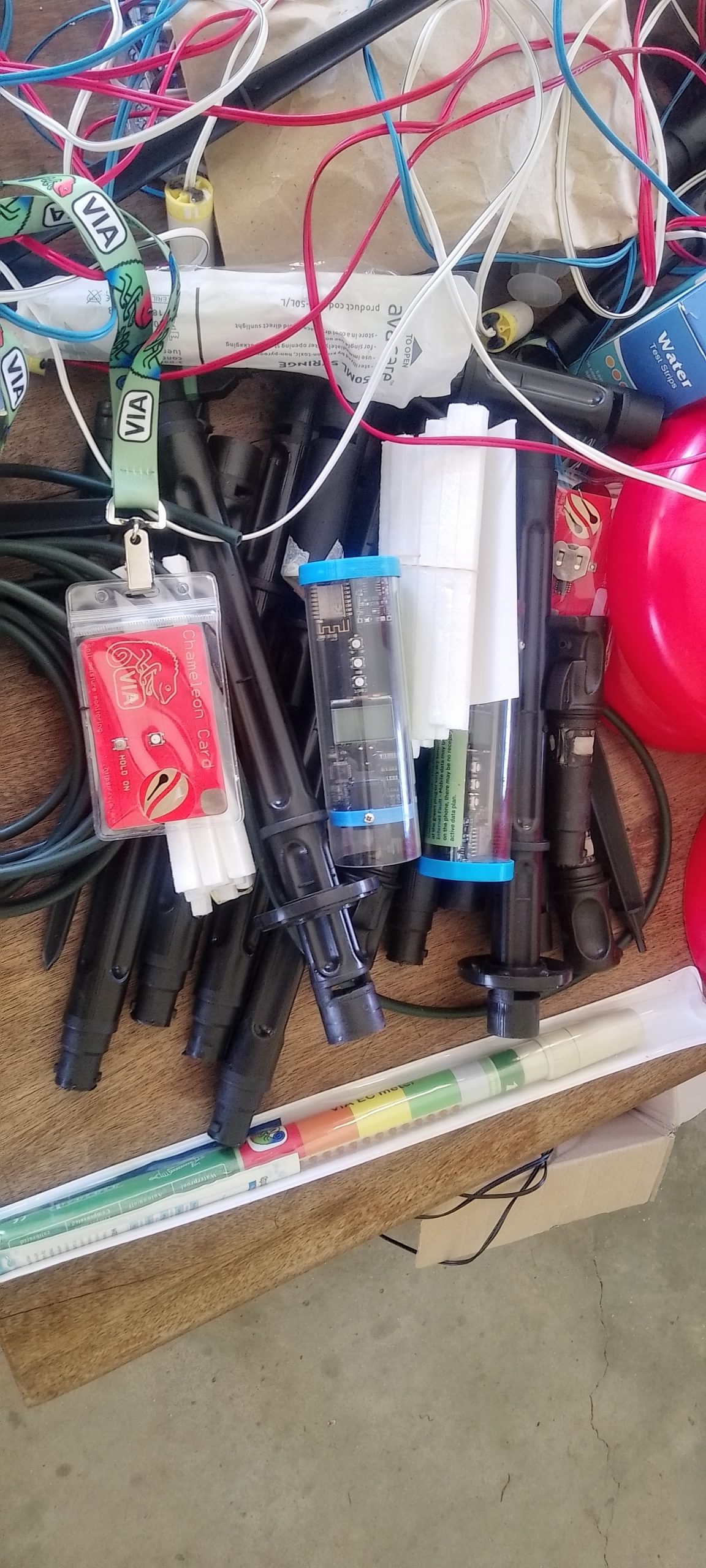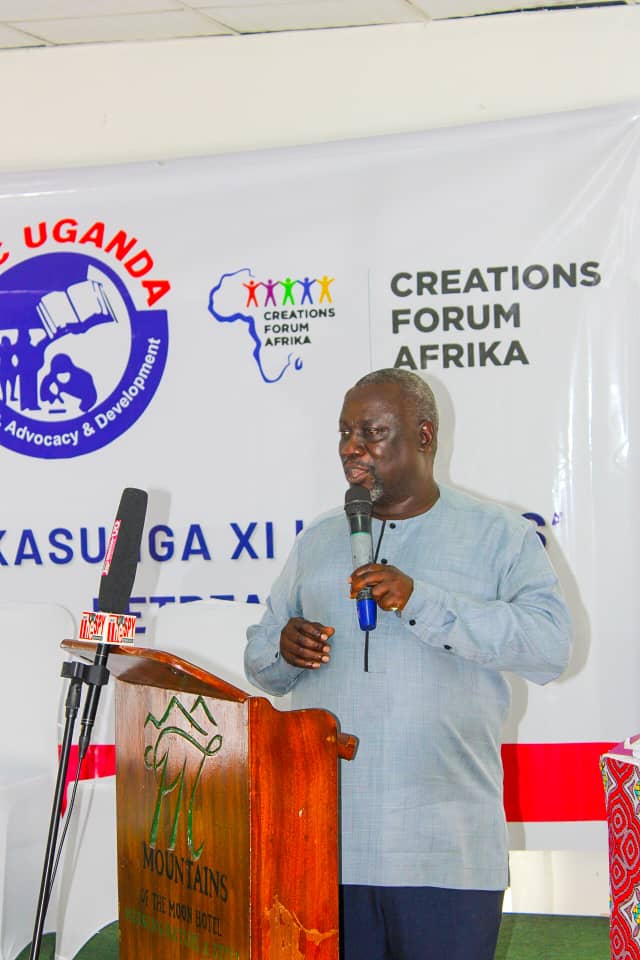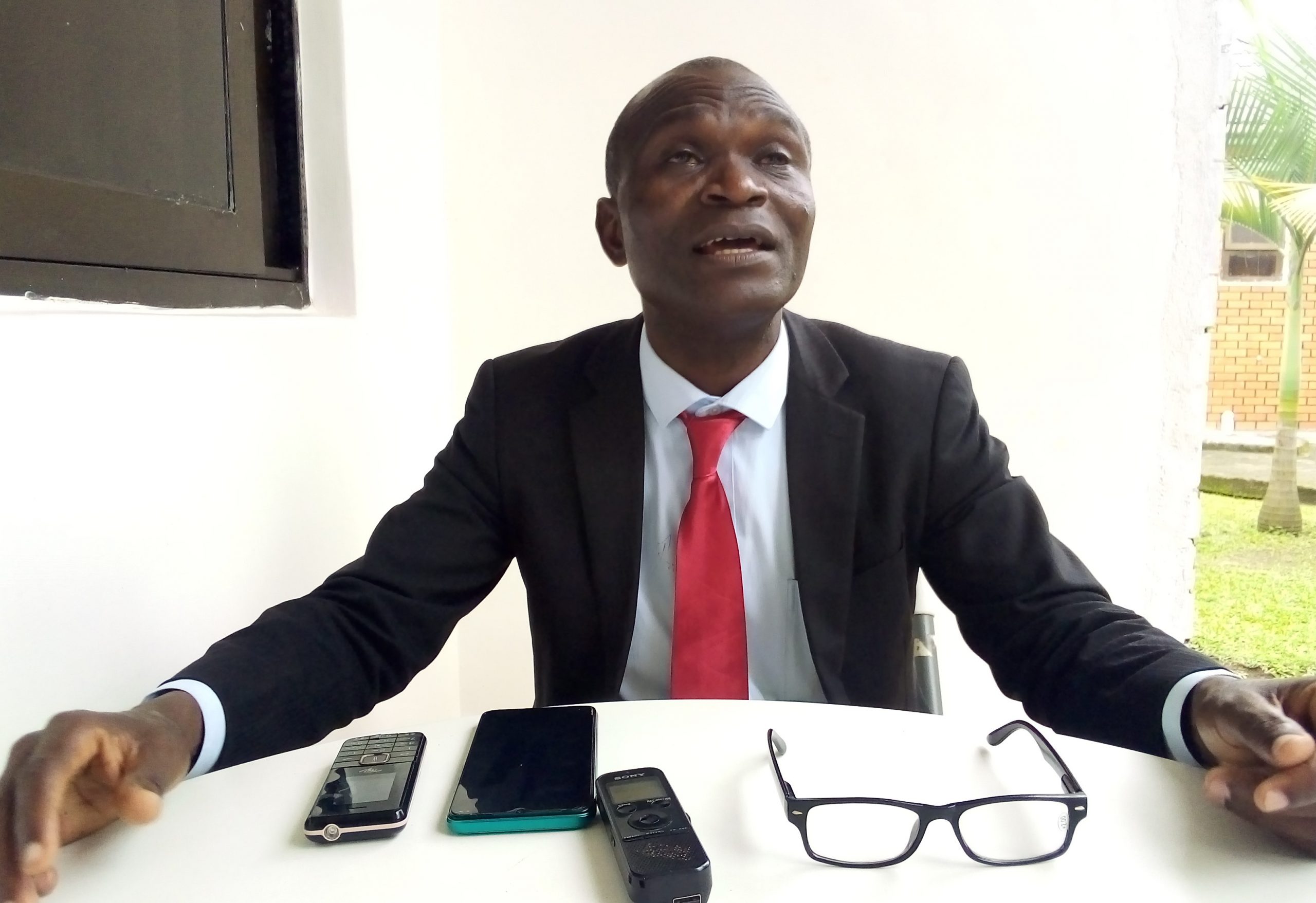Gov’t, Farmer’s Asked to Embrace Smart Agriculture Technologies

Government is being asked to offer more support to smallholder farmers to enhance their resilience and adoption of smart farming practices and technologies.
It is noted that agriculture productive in most African countries remain low despite positive progress in the birth of technologies.
Experts in the agriculture field urge that despite numerous researches and innovations, these have not directly translated into improved productivity because most of the technologies have not been made affordable and accessible to smallholder farmers.
URN reporter had an interview with Dr. Isaac R Fandik chief agricultural research scientist working with the department of Agriculture Research in Malawi on how simple technology can transform agriculture productivity.
Malawi scientists including Fandik with their counterparts from Australia have developed simple climate smart technologies that have been refined over the years to aid reduction of water usage and provide data to ensure that irrigation water is shared fairly and used efficiently.
The scientists developed; Chameleon Sense Array which measure the soil moisture at different depth, Nitrate strip to measure fertilizer ran-off, Wetting Front Detector which records the depth of infiltration of irrigation water and Chameleon EC Meter that measures the electrical conductivity of the water sample captured by the wetting front detector.
These innovations are now being scaled into other countries including Uganda by the Association for Strengthening Agricultural Research in Eastern and Central Africa-ASARACA.
Fandik says that such simple technology is essential given that many countries lack timely agriculture extension services.
He says with increasing population and demand of food, there must be a holistic approach fronted by both farmers and governments in addressing issues such as water usage, soil fertility, irrigation and the agronomic practices.
Fandik says small holder farmers must be helped to adopt to climate change impacts by managing the scarce resources such as water more efficiently.
He notes that the developed tools can also help to present agriculture statistics and management of knowledge sharing to aid improvement agriculture productivity.
Fandik shared with URN that the simple technologies developed by Mechro limited and Virtual Irrigation Academy(Malawi) is helping farmers reduce the amount of water being used, reduce loss of fertilizers and time of irrigating and eventually cost of production.
Julius Baluku, the district production officer-Kasese says practicing smart agriculture is key to make the agriculture sector more resilient to the impacts of climate change.
He notes that there is a lot of struggle especially for those in the irrigation scheme and as such innovations are good to help farmers to monitor the moisture levels and other soils qualities.
While addressing farmers and extension workers in Mubuku Irrigation Scheme, Julian Barungi, the Program Officer for Policy at ASARECA noted the need to promote public-private partnership to transform the outputs of small holder farmers.
ASARECA is currently conducting a 5-days training of trainers on enhancement access and utilisation of climate smart moisture and nutrient monitoring tools among lead smallholder horticulture farmers in Kasese.
The training is happening in Mubuku irrigation scheme.



